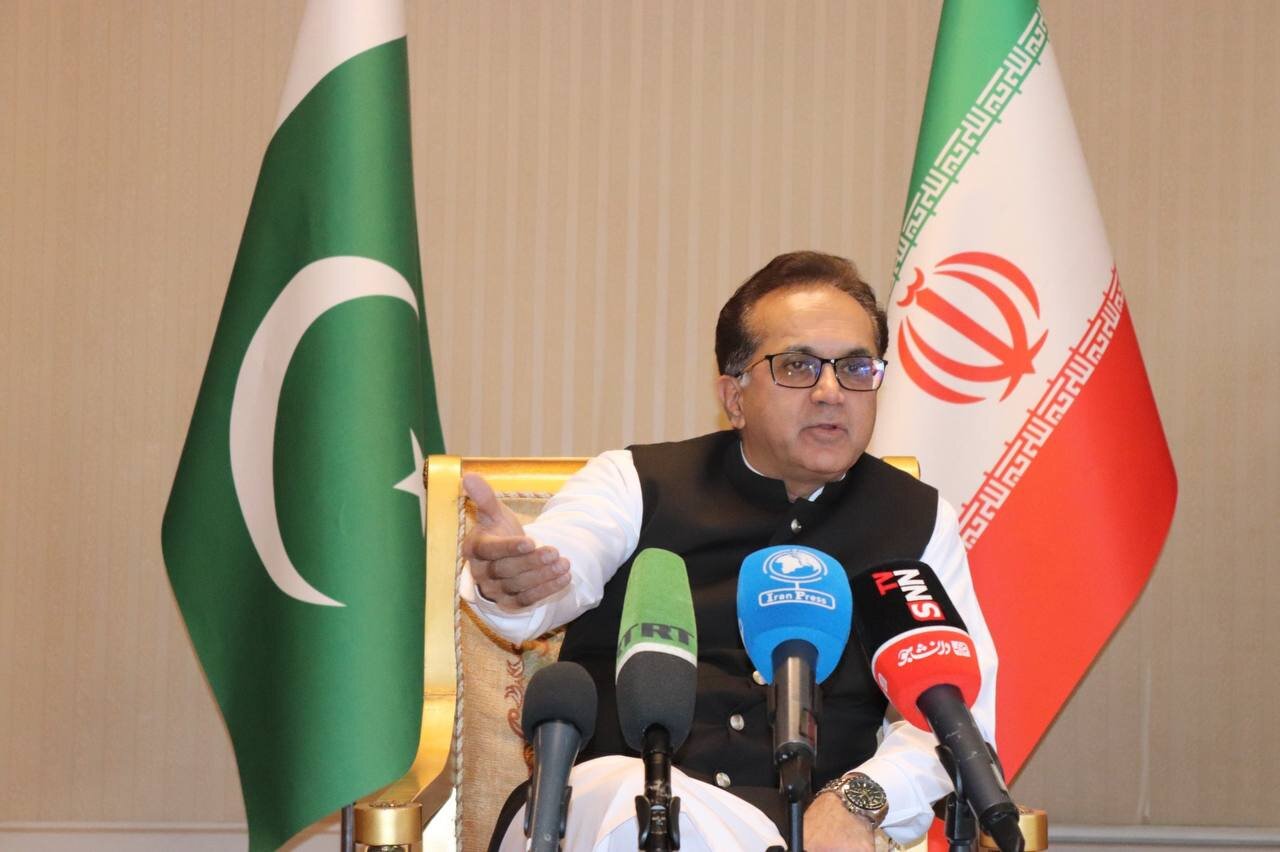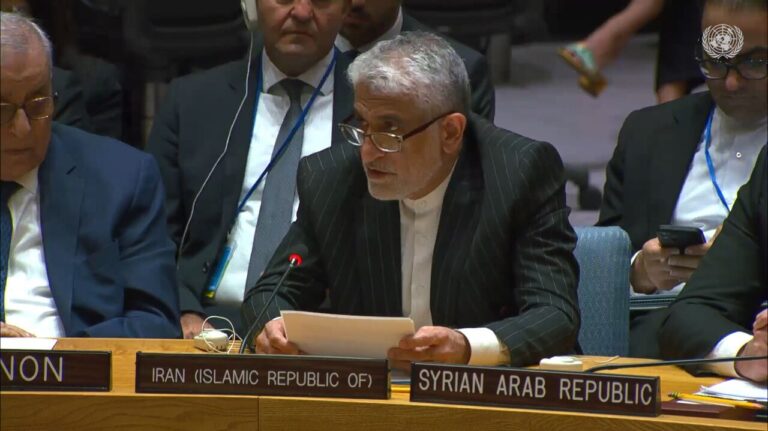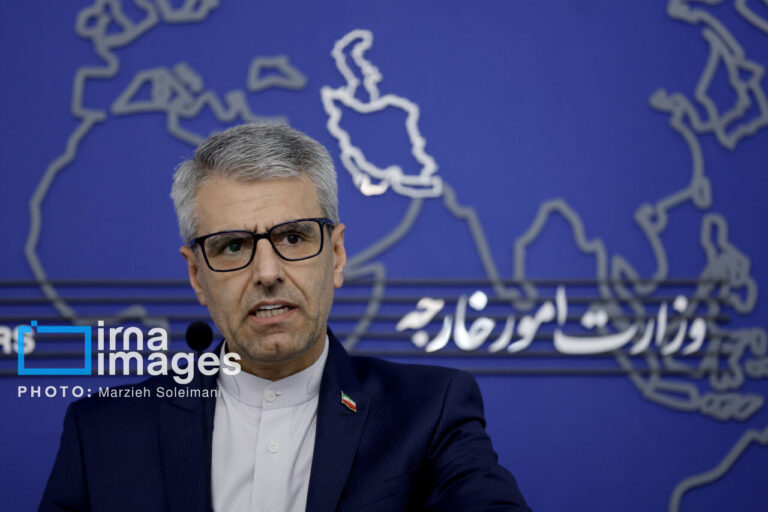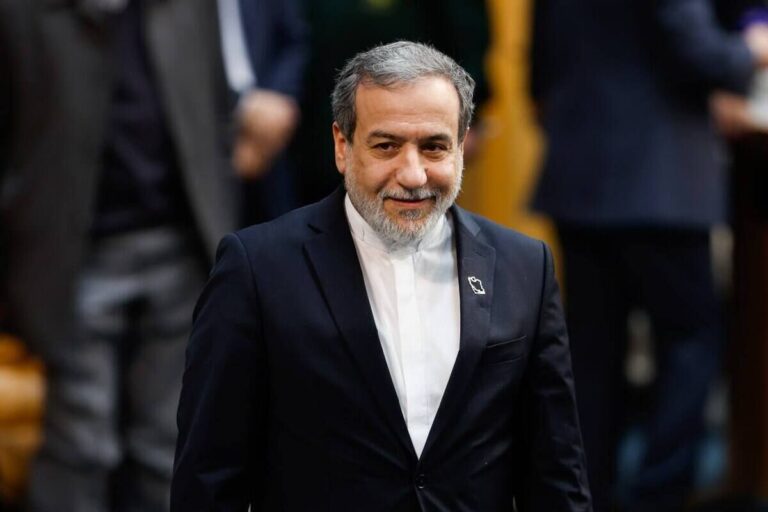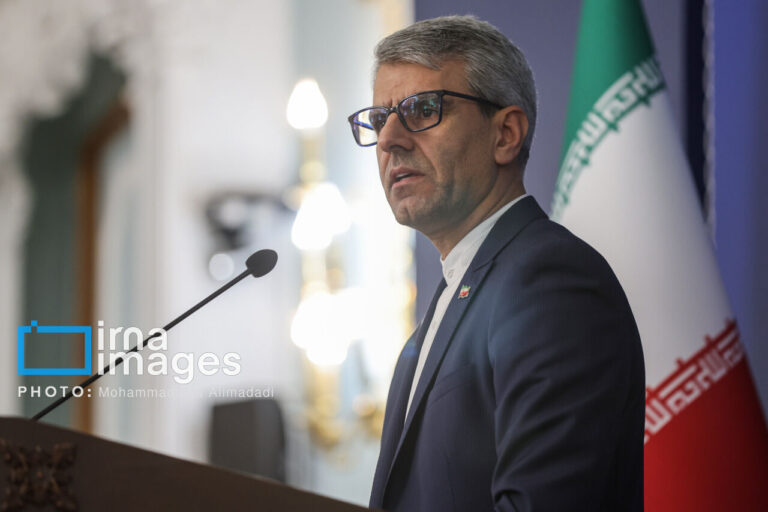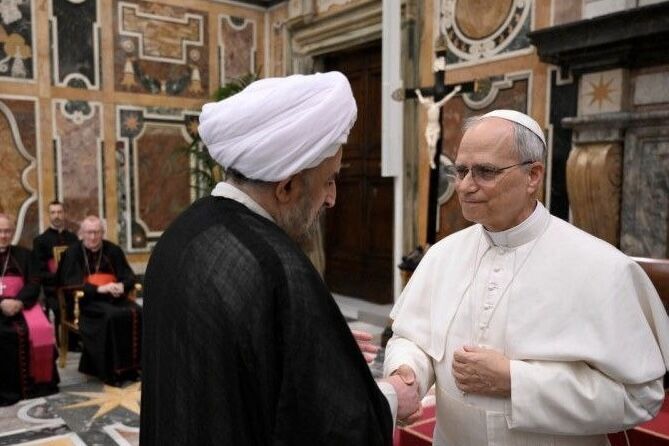Pakistan’s Stance on Pahalgam Incident: Ambassador Delivers Key Announcement
The recent address to reporters highlights Pakistan’s deep concerns regarding the escalating tensions in the region, particularly in light of the Pahalgam attack in Indian-occupied Jammu and Kashmir (IIOJK). This situation poses a serious threat to peace and stability, as Pakistan condemns terrorism in all its forms.
During the Wednesday press conference, the following key points were articulated:
- Condemnation of Terrorism: Pakistan firmly denounces the targeting of innocent civilians, expressing deep sorrow over the loss of lives in the Pahalgam attack. As a nation that has suffered from terrorism, Pakistan empathizes with the victims of such violence.
- Engagement with the UNSC: Pakistan, as a member of the United Nations Security Council, actively participated in discussions regarding the press statement on the Pahalgam incident. The UNSC’s condemnation was noted as a strong response to the attack.
- Accusations Against India: The address pointed out that India has a troubling history of glorifying acts of terrorism while accusing Pakistan of orchestrating violence. Pakistan asserts that it is unjust to associate it with the recent incident.
- Disinformation Campaign: The spokesperson highlighted India’s strategy of using unverified allegations to manipulate public perception and divert attention from its failures in IIOJK, including the suppression of the Kashmiris’ right to self-determination.
- Historical Context: The unresolved Jammu and Kashmir dispute is identified as the root cause of ongoing instability and conflict in South Asia. India’s actions, such as those taken on August 5, 2019, are viewed as violations of international law.
- Islamophobia and Hatred: There is growing concern over the inflammatory narrative directed against Kashmiris and Indian Muslims, which is seen as a tactic for political gain that jeopardizes regional stability.
- Call for Independent Investigation: Pakistan demands a neutral investigation into the Pahalgam attack, emphasizing that it bears no responsibility for the incident and should not be implicated without evidence.
- Water Rights Dispute: The Pakistan National Security Committee has made it clear that any unilateral action by India regarding the Indus Waters Treaty (IWT) would be considered an act of war, as it directly impacts Pakistan’s agrarian economy and the rights of its citizens.
- International Accountability: The address concludes with a call for the international community to hold India accountable for its history of violence and aggression, particularly against targets in various countries.
In light of these developments, Pakistan remains committed to maintaining regional peace while also prepared to defend its sovereignty and territorial integrity. The nation emphasizes that any act of aggression will be met with a decisive response, reinforcing its right to self-defense as outlined in Article 51 of the UN Charter.
Furthermore, it is crucial for the international community to recognize the difference between sympathy for victims and the unintended endorsement of Indian aggression. The potential for escalation due to India’s provocative actions poses a serious risk, particularly in a nuclear-armed region. Therefore, it is imperative that global leaders exercise caution and ensure that their actions do not inadvertently support India’s narrative of military adventurism.
Pakistan’s ongoing vigilance and readiness to respond to any threats highlight its commitment to safeguarding its national interests and promoting stability in South Asia. As the situation evolves, it is vital for all stakeholders to engage in constructive dialogue aimed at resolving longstanding issues rather than exacerbating tensions.
Ultimately, the future of peace and stability in the region relies on mutual respect for international laws and norms, as well as a commitment to addressing the underlying causes of conflict, particularly the Kashmir dispute. The need for a durable solution that respects the rights and aspirations of the people in these contested areas is more pressing than ever.
